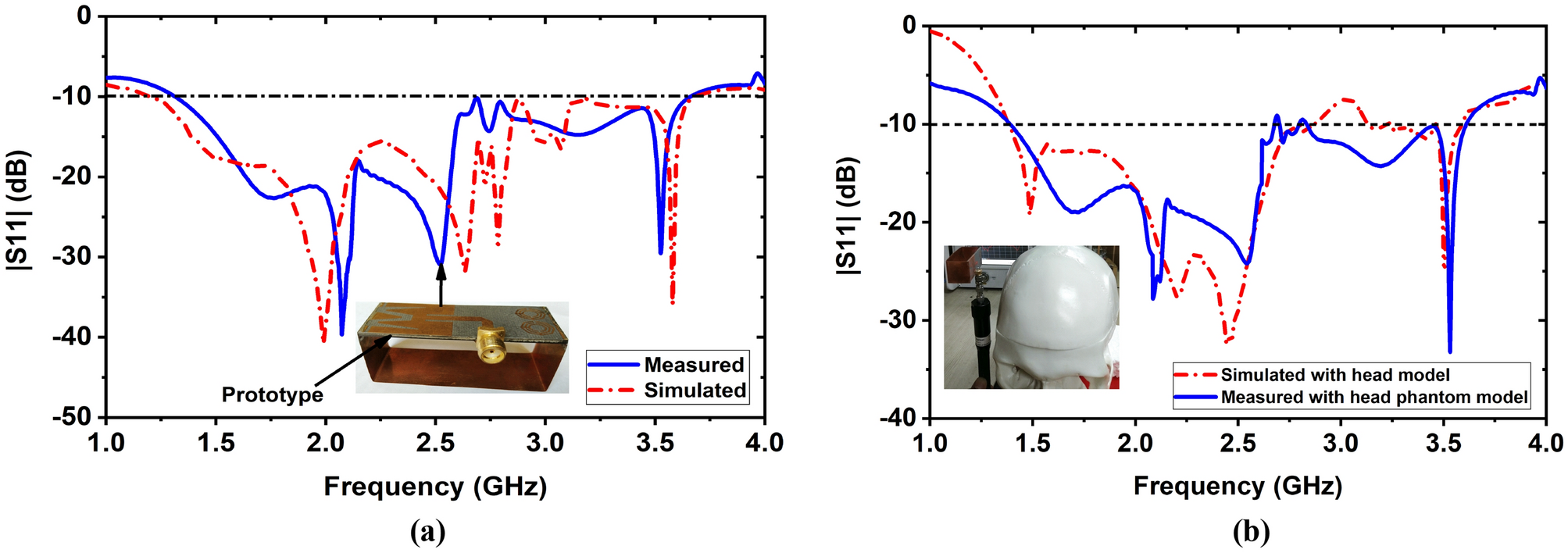ABSTRACT
Automated defect detection in medical imaging has become the emergent field in several medical diagnostic applications. Automated detection of tumor in MRI is very crucial as it provides information about abnormal tissues which is necessary for planning treatment. The conventional method for defect detection in magnetic resonance brain images is human inspection. This method is impractical due to large amount of data. Hence, trusted and automatic classification schemes are essential to prevent the death rate of human. So, automated tumor detection methods are developed as it would save radiologist time and obtain a tested accuracy. The MRI brain tumor detection is complicated task due to complexity and variance of tumors. In this project, we propose the machine learning algorithms to overcome the drawbacks of traditional classifiers where tumor is detected in brain MRI using machine learning algorithms. Machine learning and image classifier can be used to efficiently detect cancer cells in brain through MRI.
INTRODUCTION
Brain tumor is one of the most rigorous diseases in the medical science. An effective and efficient analysis is always a key concern for the radiologist in the premature phase of tumor growth. Histological grading, based on a stereotactic biopsy test, is the gold standard and the convention for detecting the grade of a brain tumor. The biopsy procedure requires the neurosurgeon to drill a small hole into the skull from which the tissue is collected. There are many risk factors involving the biopsy test, including bleeding from the tumor and brain causing infection, seizures, severe migraine, stroke, coma and even death. But the main concern with the stereotactic biopsy is that it is not 100% accurate which may result in a serious diagnostic error followed by a wrong clinical management of the disease.
Tumor biopsy being challenging for brain tumor patients, non-invasive imaging techniques like Magnetic Resonance Imaging (MRI) have been extensively employed in diagnosing brain tumors. Therefore, development of systems for the detection and prediction of the grade of tumors based on MRI data has become necessary. But at first sight of the imaging modality like in Magnetic Resonance Imaging (MRI), the proper visualisation of the tumor cells and its differentiation with its nearby soft tissues is somewhat difficult task which may be due to the presence of low illumination in imaging modalities or its large presence of data or several complexity and variance of tumors-like unstructured shape, viable size and unpredictable locations of the tumor.

Brain tumors can hugely impact the quality of a patient’s lifetime and affect the whole of life because they have lasting and life-altering physical and psychological impacts. The recent development in smart healthcare and the application of artificial intelligence (AI) in radiology have shown remarkable progress in image-recognition tasks to identify different objects in imaging data automatically. Additionally, the recent development in smart healthcare and the application of artificial intelligence (AI) has been notable in image-recognition tasks in radiology. AI methods are good at automatically recognizing complex patterns in imaging data. Numerous applications which move the field forward at a fast speed have been found from a range of methods.

.svg)
